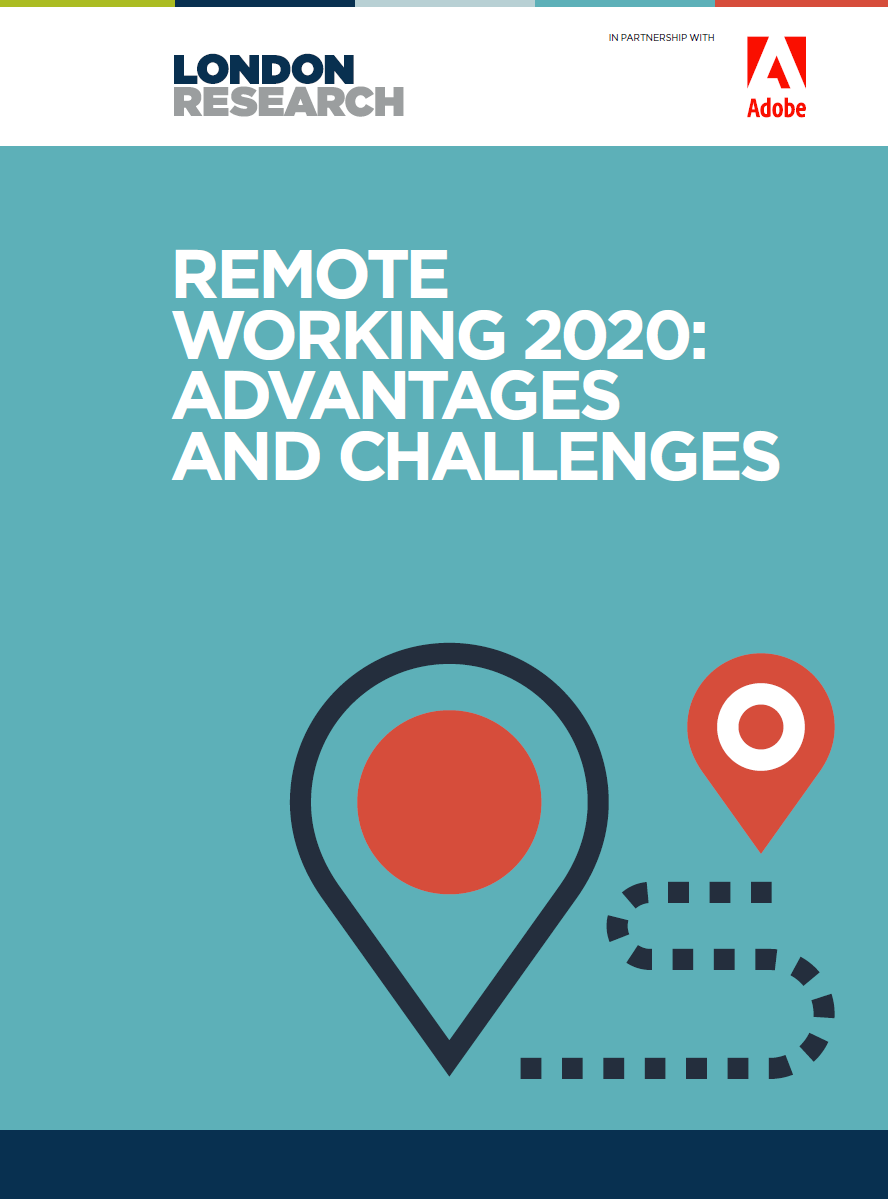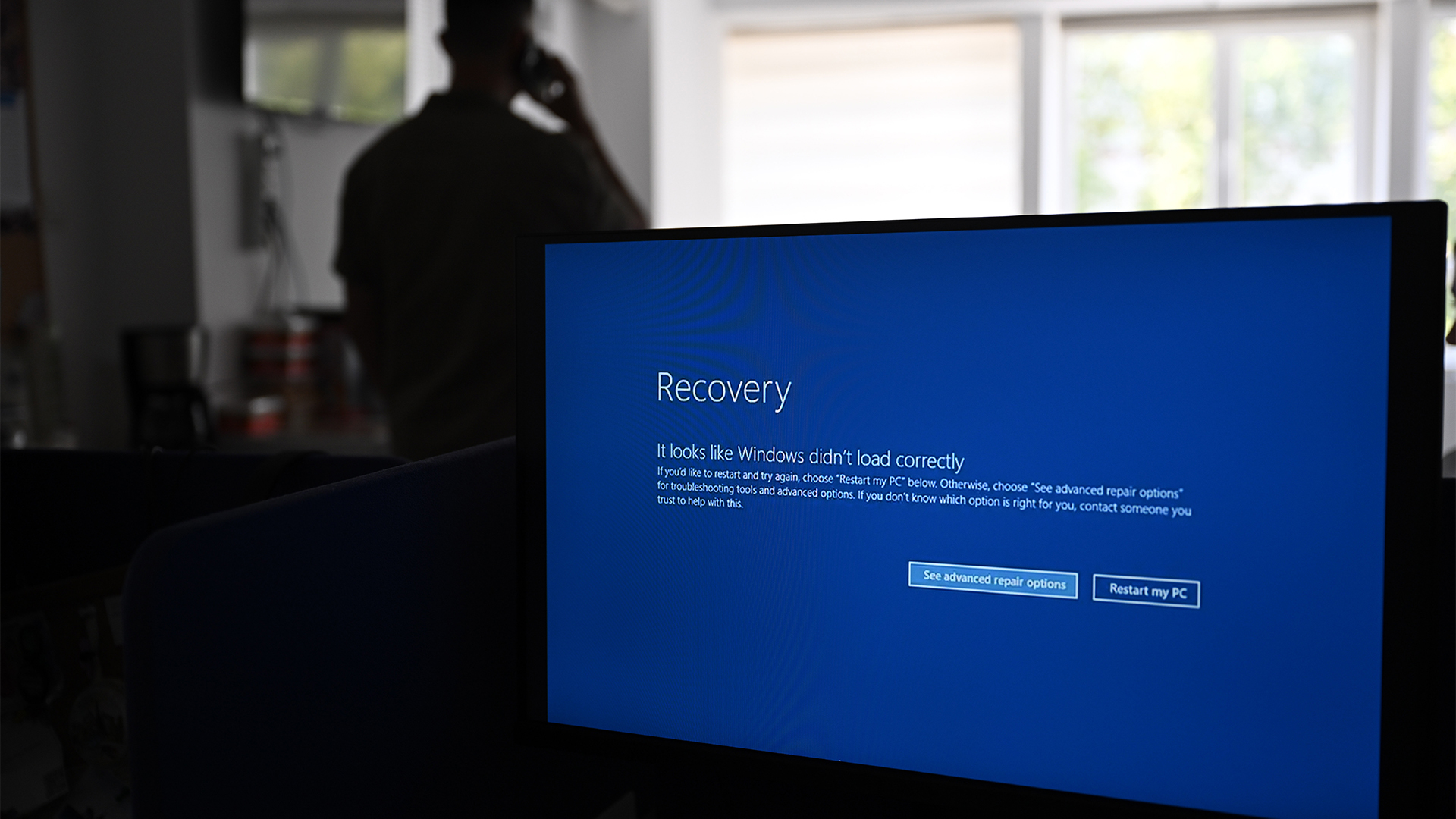Deutsche Bank proposes 5% daily tax on remote work
Tax on those choosing to work from home after the pandemic would generate £6.9 billion for UK economy, report claims


Employees who choose to continue working from home beyond the pandemic should be taxed accordingly to help rebalance the economy, a new report has argued.
The 'Konzept' report, released by Deutsche Bank this week, has proposed a 5% tax for each day an employee opts to work at home, which, based on an average UK salary of £35,000, would equate to an extra £6.73 per day.
It argues that this is money remote workers would have spent on commuting, eating on the go, and work clothing, but have the luxury of being able to avoid these costs due to the nature of their role.
The report also suggests an alternative tax that could be paid by employers who do not provide their workforce with a permanent desk.
A 'working from home tax' has been needed "for years", according to Luke Templeman, head of thematic research at Deutsche Bank. The COVID-19 pandemic has made it more obvious, he said, with the sudden shift away from physical offices allowing a large section of the workforce to still lead a full economic life, but contribute less to the UK's economic infrastructure.
"Quite simply, our economic system is not set up to cope with people who can disconnect themselves from face-to-face society," he said. "Those who can WFH receive direct and indirect financial benefits and they should be taxed in order to smooth the transition process for those who have been suddenly displaced."
In the UK, the proposed tax would be expected to raise around £6.9 billion in economic stimulus, which could be used to generate grants of up to £2,000 for the 12% of workers over the age of 25 that currently work for minimum wage, and are either out of work or are unable to work remotely.
Get the ITPro daily newsletter
Sign up today and you will receive a free copy of our Future Focus 2025 report - the leading guidance on AI, cybersecurity and other IT challenges as per 700+ senior executives
RELATED RESOURCE

Remote working 2020: Advantages and challenges
Key takeaways from a survey of EMEA professionals
It's important to note that Deutsche is not calling for a tax on all remote workers, it simply suggests imposing it on those workers choosing to stay home once the pandemic has subsided.
During the pandemic, the UK saw a seven-fold increase in remote working, around 47%, and many of these people will continue to do so, according to recent surveys.
The bank's own research suggests that more than half of those workers who took up remote work at the start of the pandemic would be willing to shift to this permanently at least two or three days a week.
Bobby Hellard is ITPro's Reviews Editor and has worked on CloudPro and ChannelPro since 2018. In his time at ITPro, Bobby has covered stories for all the major technology companies, such as Apple, Microsoft, Amazon and Facebook, and regularly attends industry-leading events such as AWS Re:Invent and Google Cloud Next.
Bobby mainly covers hardware reviews, but you will also recognize him as the face of many of our video reviews of laptops and smartphones.
-
 CyberOne appoints Microsoft’s Tracey Pretorius to its advisory board
CyberOne appoints Microsoft’s Tracey Pretorius to its advisory boardNews The threat intelligence leader will provide strategic guidance to CyberOne’s executive team
By Daniel Todd
-
 CISA issues warning in wake of Oracle cloud credentials leak
CISA issues warning in wake of Oracle cloud credentials leakNews The security agency has published guidance for enterprises at risk
By Ross Kelly
-
 It's been two weeks since CrowdStrike caused a global IT outage – what lessons should we learn?
It's been two weeks since CrowdStrike caused a global IT outage – what lessons should we learn?Opinion The incident on 19 July was possibly the biggest IT outage to date
By Stephen Pritchard
-
 Game-changing data security in seconds
Game-changing data security in secondswhitepaper Lepide’s real-time in-browser demo
By ITPro
-
 Unlocking the opportunities of open banking and beyond
Unlocking the opportunities of open banking and beyondwhitepaper The state of play, the direction of travel, and best practices from around the world
By ITPro
-
 Accelerated, gen AI powered mainframe app modernization with IBM watsonx code assistant for Z
Accelerated, gen AI powered mainframe app modernization with IBM watsonx code assistant for Zwhitepaper Many top enterprises run workloads on IBM Z
By ITPro
-
 Magic quadrant for finance and accounting business process outsourcing 2024
Magic quadrant for finance and accounting business process outsourcing 2024whitepaper Evaluate BPO providers’ ability to reduce costs
By ITPro
-
 Let’s rethink the recruiting process
Let’s rethink the recruiting processwhitepaper If you designed your recruiting process for a new company, what would you automate to attract and hire the best talent?
By ITPro
-
 The power of AI & automation: Productivity and agility
The power of AI & automation: Productivity and agilitywhitepaper To perform at its peak, automation requires incessant data from across the organization and partner ecosystem.
By ITPro
-
 AI academy: Put AI to work for customer service
AI academy: Put AI to work for customer servicewhitepaper Why AI is essential to transforming customer service
By ITPro